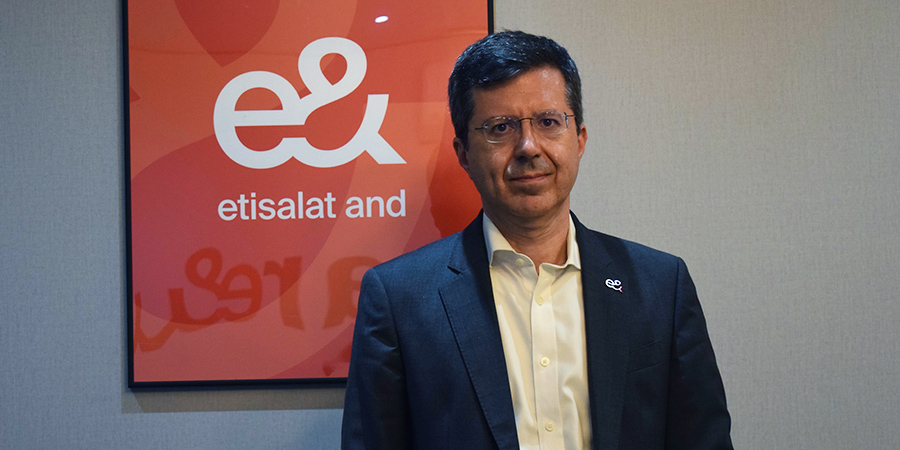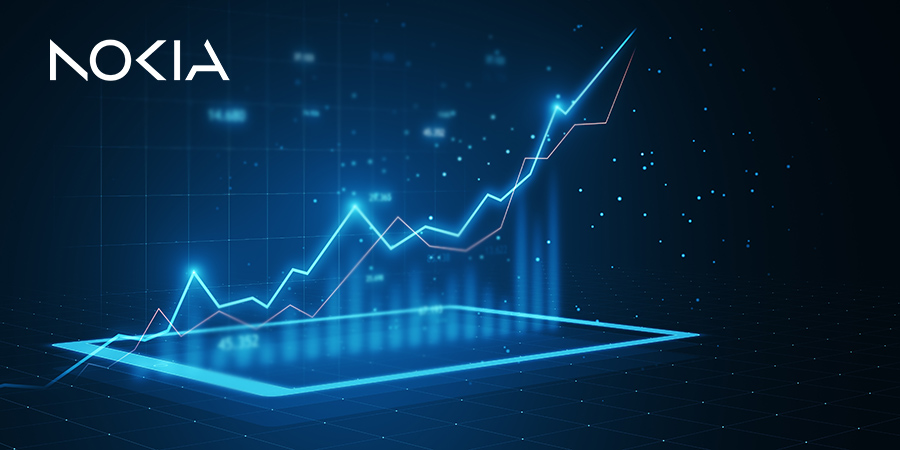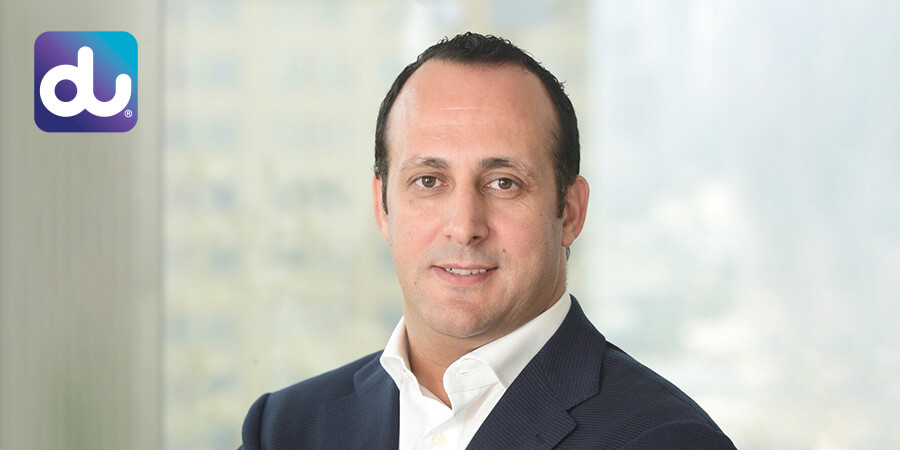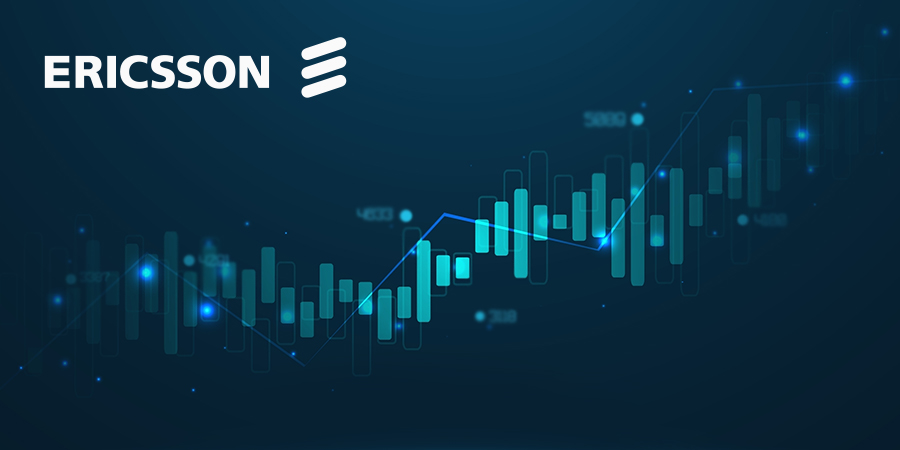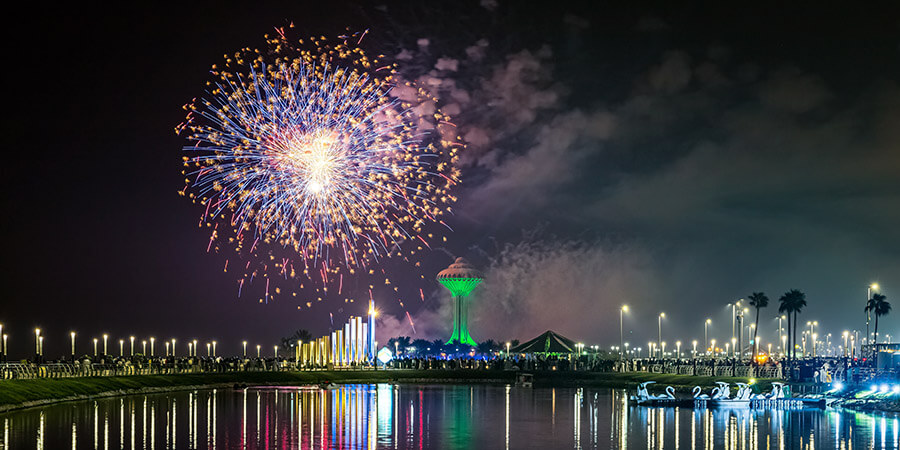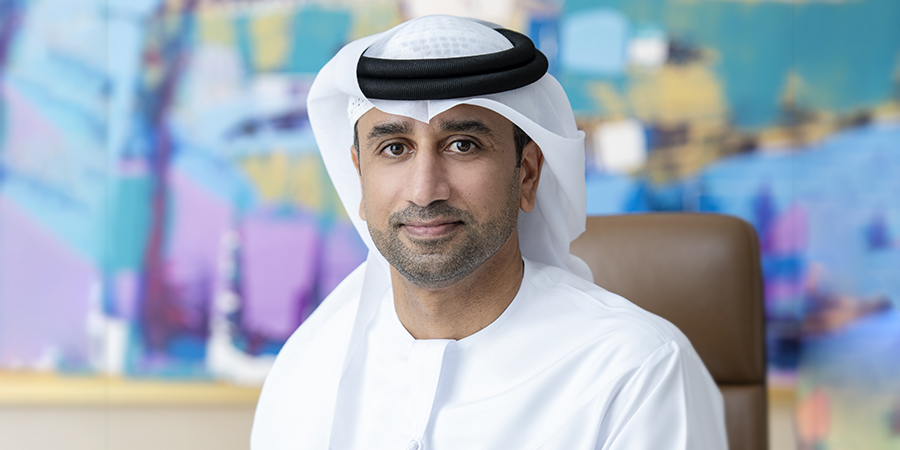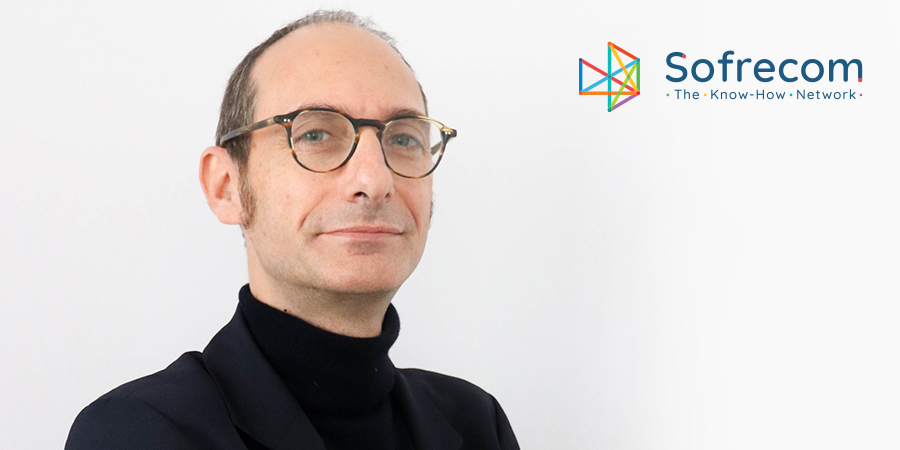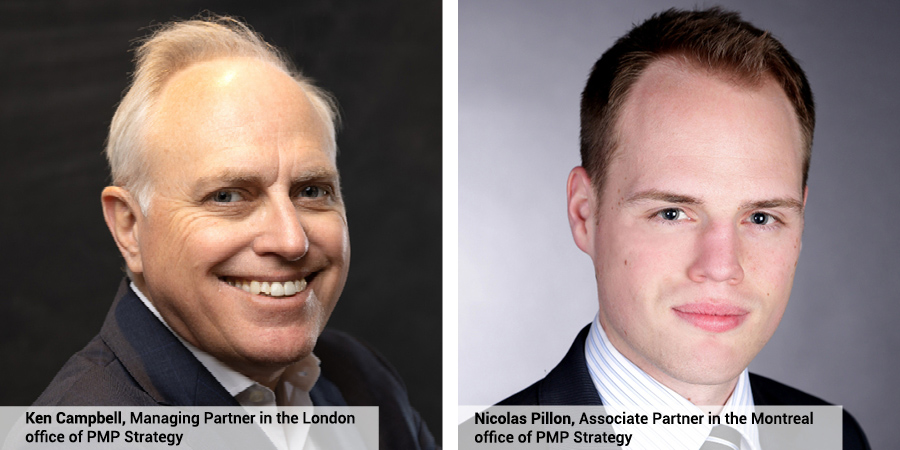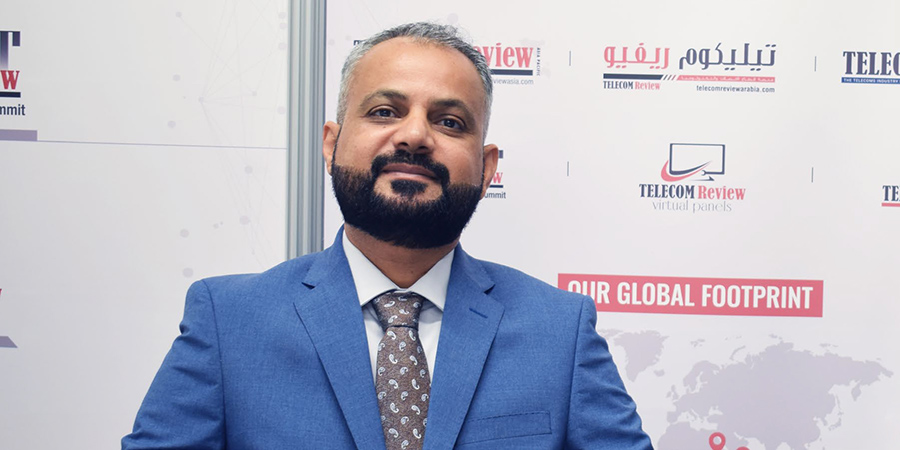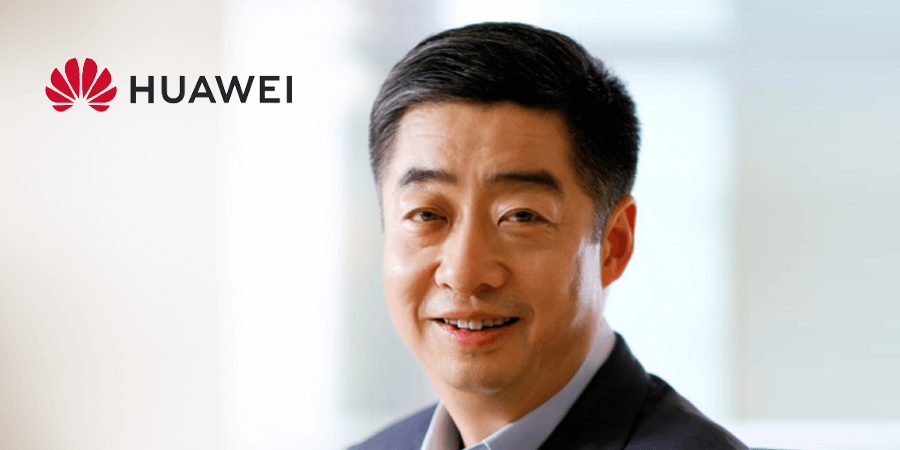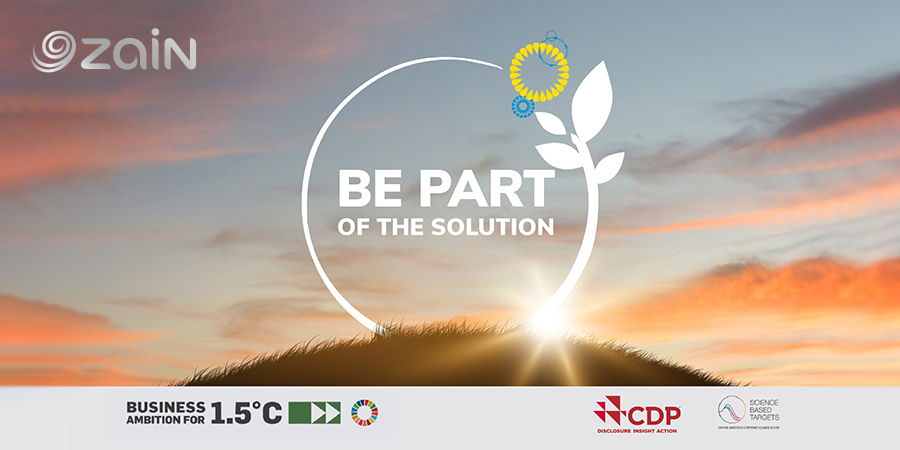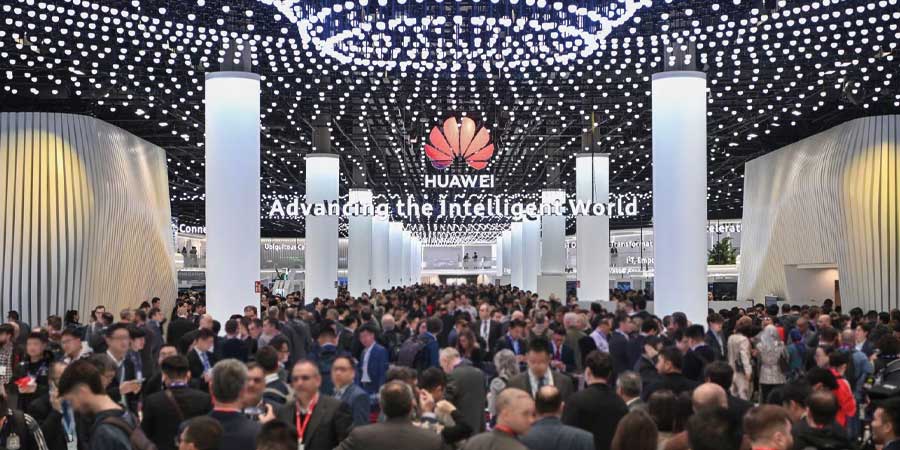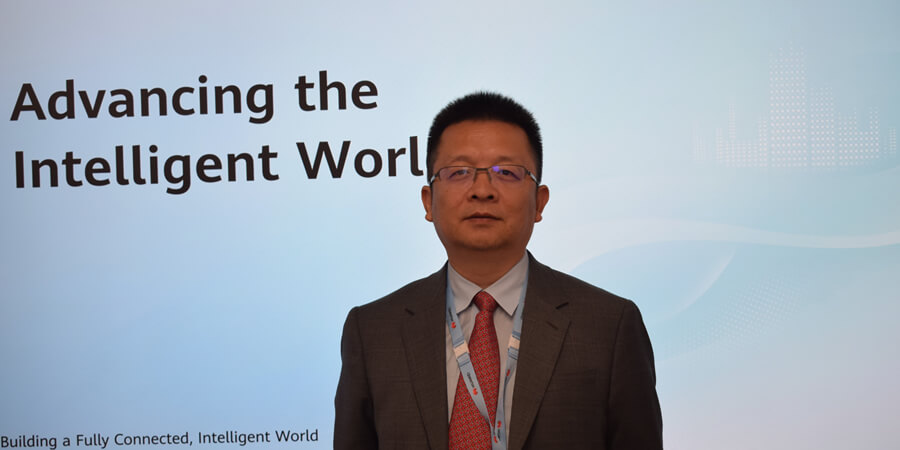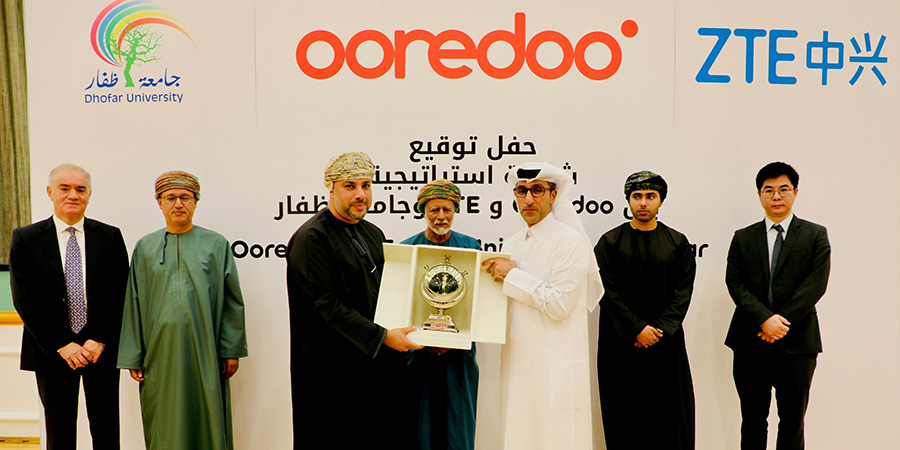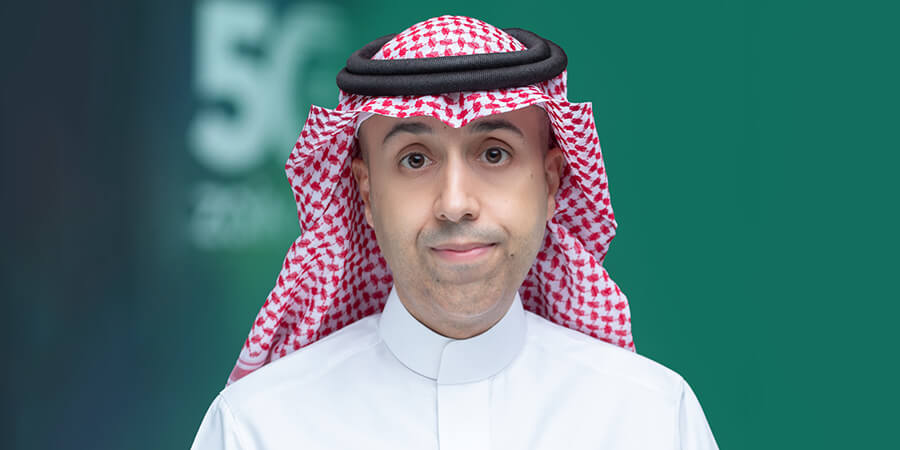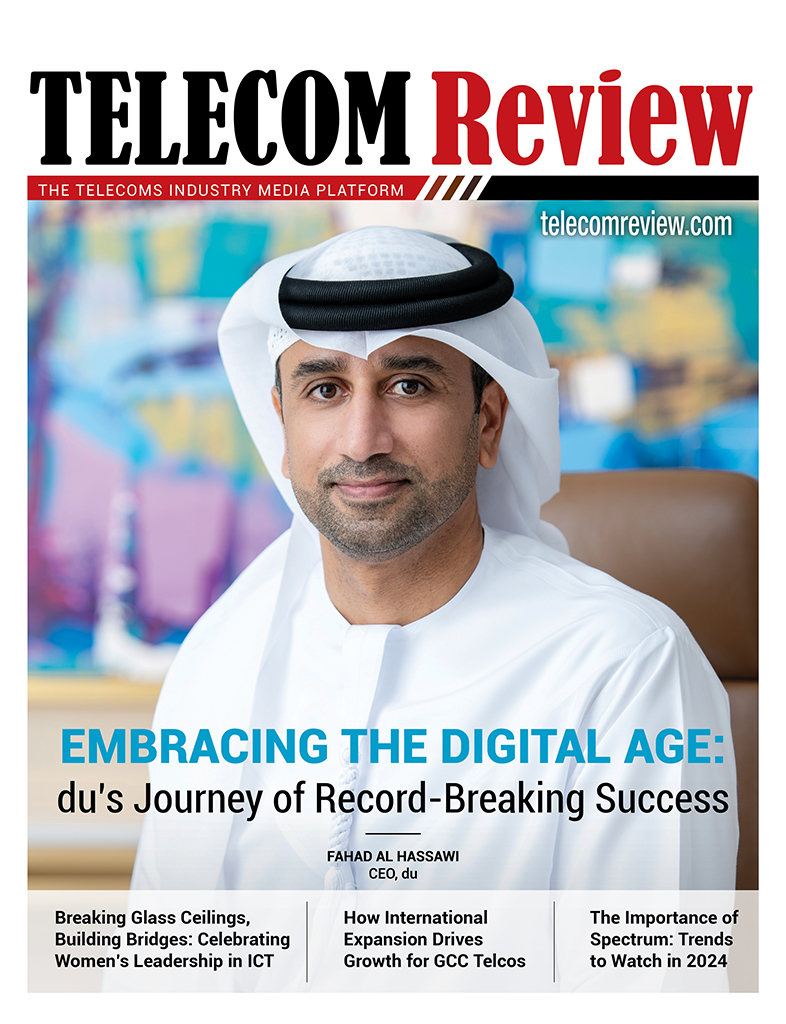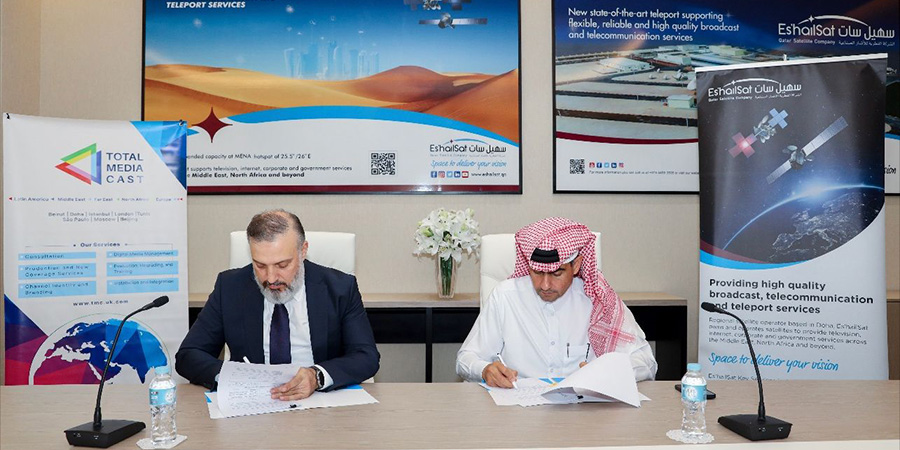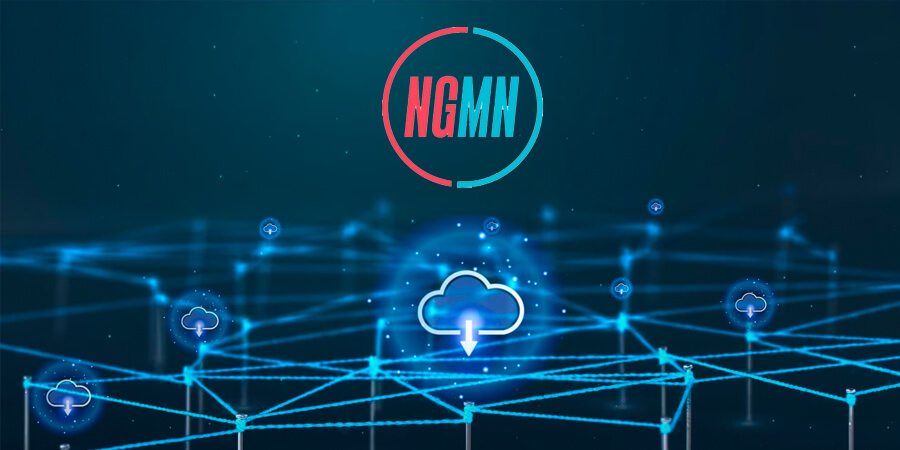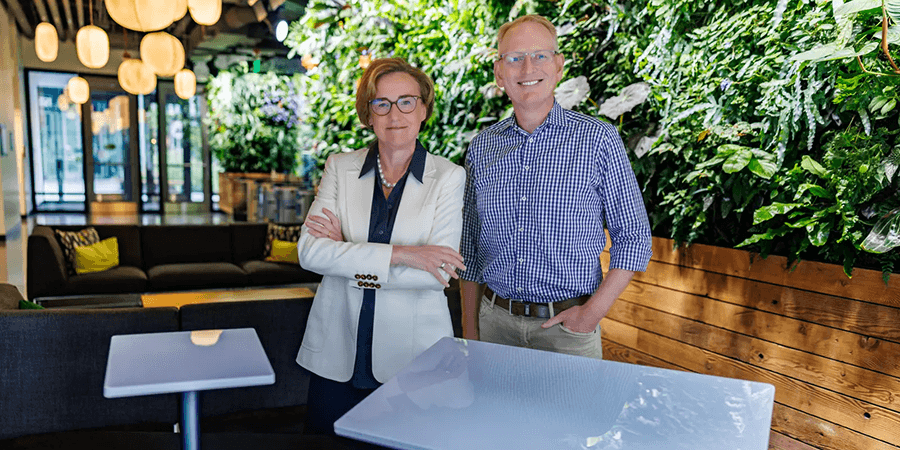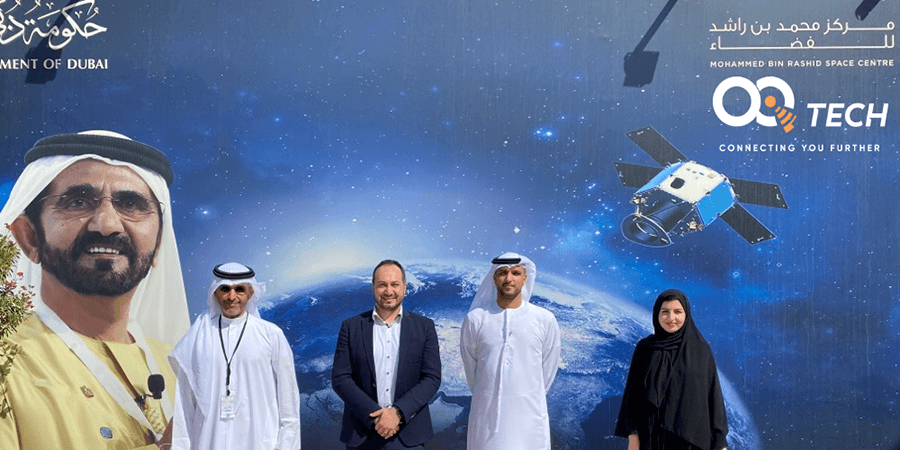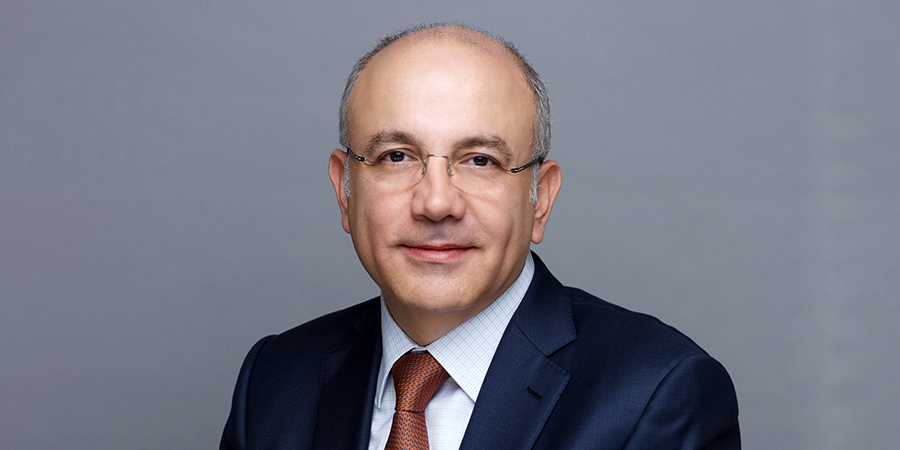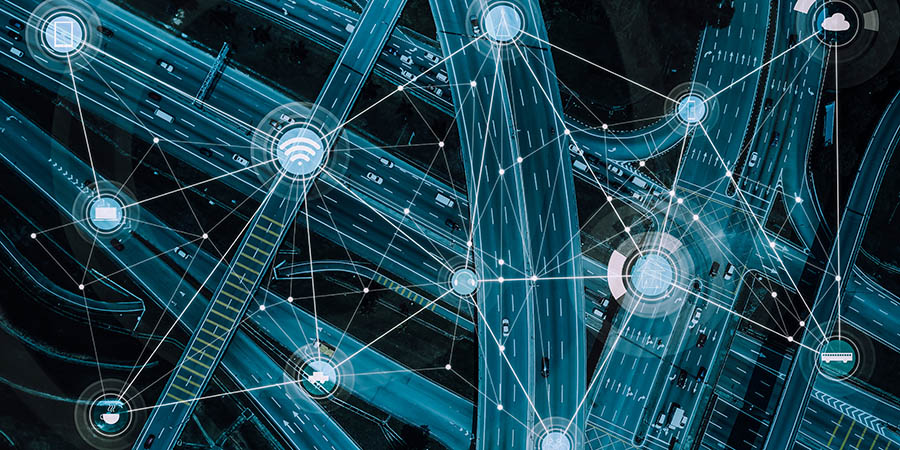Following the terrorist attack that took place on June 3 in London, British Prime Minister Theresa May, called for tighter international regulations on cyberspace. Introducing new rules for cyberspace, she said, would "deprive the extremists of their space online." May also insisted that technology companies are not doing enough to thwart terror groups online.
The Prime Minister spoke outside Downing Street Sunday morning, the day after the attack, addressing the nation after the chaotic event in which a van drove into crowds on London Bridge before crashing near the southern end where suspects got out of the van and attacked people with knives. Ms. May said "enough is enough."
"We cannot allow this ideology the safe space it needs to breed - yet that is precisely what the internet, and the big companies that provide internet-based services provide," said Ms. May. "We need to work with allied democratic governments to reach international agreements to regulate cyberspace to prevent the spread of extremist and terrorism planning."
Theresa May’s Conservative party leans towards stronger internet regulation, including forcing internet service providers (ISPs) to participate in counter-extremism.
May’s speech after the attack marks the first time she has publicly called for tighter internet regulations on cyberspace. It follows the introduction of the Investigatory Powers Act 2016 which increases the amount of surveillance allowed by spy agencies and the government over the internet.
Ms. May was behind implementation of the Act, which requires ISPs to maintain a list of every website visited by individuals for up to a year. It also allows for intelligence agencies to intercept online communications. For example, police can access the stored browsing history of an individual without first getting consent or a court order.





